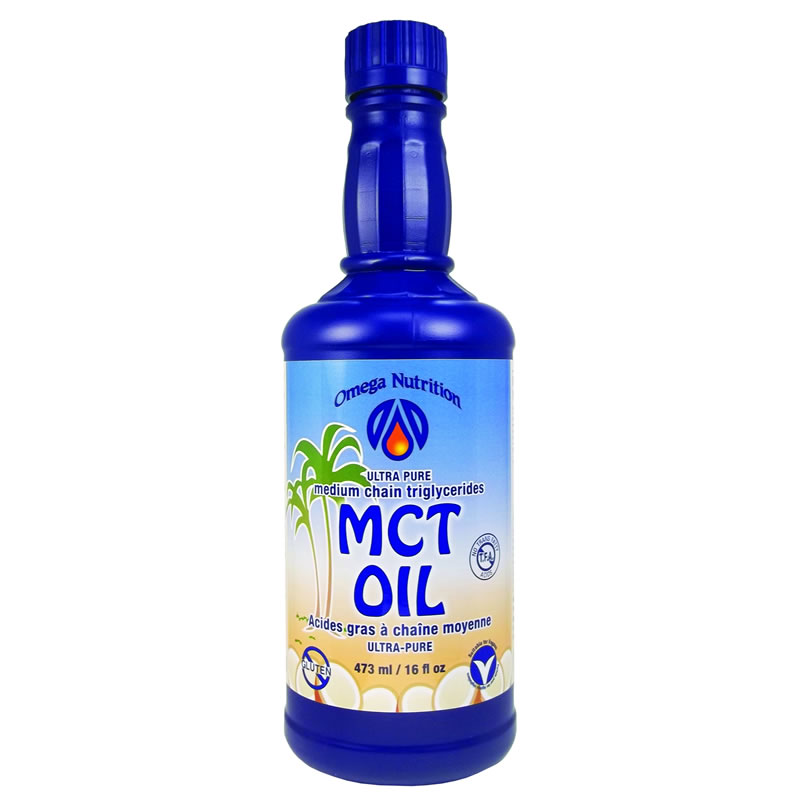By Christine Cheng, R.Ph.
“Fats” in our diet have traditionally suffered a bad reputation for contributing to obesity, cardiovascular disease, diabetes, depression, skin conditions (e.g. eczema and psoriasis) and even cancer. Nowadays, we are more aware that there are many different types of fats and many of them play a role in keeping us healthy. Consider that 10-12% of our brains are made up of some sort of lipid and every cell in our body requires a certain level of fatty material to keep its cell membrane healthy. With all of the fad diets and supplements out on the market, how can we tell which fats will help with our health goals? Here is a brief overview for you.
The “ESSENTIAL FATTY ACIDS” (EFAs) are linoleic and linolenic acid, which are needed to make omega-6 and omega-3 fatty acids, respectively. These are “essential” because the body must obtain them from the diet since they cannot be made from another type of fat. Common sources of EFAs include leafy vegetables, seeds, nuts, beans, grains and seafood. The benefits of EFAs range from preventing heart disease & stroke, improving the dryness associated with eczema and psoriasis, and relieving symptoms of ulcerative colitis, joint pain and menstrual pain. Omega-6 fatty acids usually do not require supplementation since enough of this fat can generally obtained in a typical diet. Omega-3 fatty acids, on the other hand, are derived from vegetable sources in the form of alpha-linolenic acid (ALA), which needs to be further converted to the active forms eicosapentaenoic acid (EPA) and docoxahexanonic acid (DHA) before our bodies can use it. Omega-3 fatty acids found in fish and krill oil are already in the active EPA and DHA forms, but consumption of seafood may be limited due to levels of heavy metals and environmental toxins. When looking for a good fish-sourced supplement, it is important to consider the purity (e.g., levels of toxic chemicals such as heavy metals, dioxins, and PCBs) as well as the freshness (e.g., level of peroxides). PRO-OMEGA (by Nordic Naturals) and
OMEGAGENICS™ EPA-DHA 720 (by Metagenics) are examples of reliable options for fish oils as both companies adhere to very strict standards and use third-party batch testing to ensure the purity of their products. For those who want to avoid swallowing large softgels, SEALICIOUS™ is a liquid formula that is available in many delicious flavours.
GAMMA LINOLEIC ACID (GLA) is a specific omega-6 found in borage and hemp oils that can help with diabetic neuropathy as well as skin conditions such as eczema and psoriasis. GLA SKIN OIL ™ LIQUID and GLA BORAGE OIL™ Capsules (by Lorna Vanderhaeghe) are good options for supplementing with this omega-6 fatty acid.
MEDIUM CHAIN TRIGLYCERIDES (MCTs) are semi-synthetic lipids typically derived from coconut or palm kernel oils. Unlike other dietary fats that are broken down and absorbed through the lymphatic system and require the presence of bile salts for digestion, MCTs are absorbed unchanged and transported directly to the liver where they are metabolized into energy. Because of this, they are becoming increasingly popular amongst athletes to support their energy needs during continuous and strenuous exercise. MCTs can induce satiety, which leads to decreased caloric intake, but although MCTs can improve body composition, they do not actually lead to weight loss. COCONUT OIL is a good source of MCTs as are purified versions such as MCT OIL (by Omega Nutrition).
The term CONJUGATED LINOLEIC ACIDS(CLAs) refers to isomers (i.e., differing chemical forms) of linoleic acid. They are found naturally in dairy products and beef, but can also be synthesized from oils rich in linoleic acids such as safflower or soybean oil. Supplementing with CLA can increase lean body mass and in particular, appears to reduce belly fat. Lorna Vanderhaeghe’s CLA PLUS™ combines CLA with green tea extract to help increase lean muscle mass, accelerate fat loss, and help with weight loss.
Supplementing with fats can result in nausea, belching, and loose stools. Fatty acids can also interfere with medications for blood-thinning as well as high blood pressure, so always discuss with your doctor or pharmacist before taking any supplements. The bottom line on dietary and supplemental fats is the old adage, everything in moderation!
Christine is a registered pharmacist with training in Natural Health Products and a passion for Integrative Medicine. She works alongside her brother, Fred at their unique family-owned and operated Pharmasave in Downtown Cloverdale, BC. They specialize in natural remedies and compounding for both human and veterinarian use.




